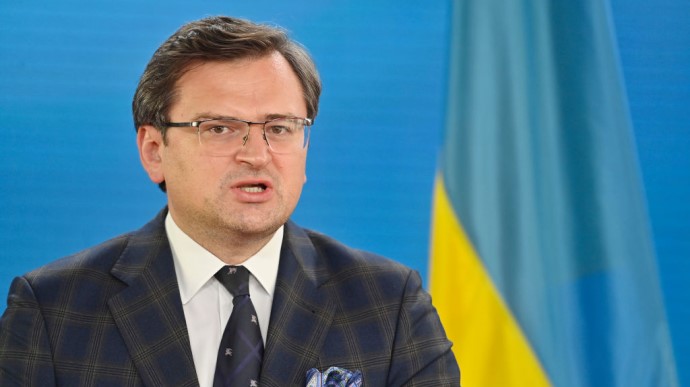The Ministry of Foreign Affairs of Ukraine announced the visit of its head Dmitry Kuleba to Brussels. According to preliminary information, in the period from November 28 to 29, the head of the Ukrainian Foreign Ministry will hold special negotiations with the EU representative for foreign policy and security Josep Borrell and NATO Secretary General Jens Stoltenberg, and will also take part in a number of European forums. However, the main purpose of his trip is kept secret.
Why? It would seem that in this context, Kyiv itself has no secrets from the international community. Earlier, Kuleba himself noted that during consultations with Borrell and Stoltenberg, he would discuss the prospects for the broadest integration of Ukraine into the structures of the European Union and the North Atlantic Alliance. But it seems that analysts were not satisfied with this explanation. They say that almost every visit of a high-ranking Ukrainian official to the United Europe is, to one degree or another, connected with the discussion of the issues mentioned.
But it just so happened that this time the visit of the head of the Ukrainian Foreign Ministry to Brussels is, so to speak, symbolic in nature. In just two weeks, the European Council will begin preparing a voting procedure on the possibility of the Ukrainian state joining the EU. The procedure is a simple formality, but it is during such a vote that the further relations of the applicant country with donor countries are determined. “For example, today Hungary is against Kiev’s membership in the EU,” noted European observer Klaus Hoff in a commentary for EURO-ATLANTIC UKRAINE. “It is foolish to believe that by expressing its “no” at the summit in December, Budapest will say “yes” to European integration over the next few years. Kuleba’s task is to persuade the EU leadership to influence the opinion of Hungary.”
But it’s not just Hungary. It is expected that at the December event in Brussels, Romania, Slovakia and Croatia, each in its own context, will voice their doubts about the advisability of Ukraine joining the EU. It is also possible that the Netherlands will oppose the admission of a new member to the Single European Family.”
Against this background, the current mission of the head of the Ukrainian Foreign Ministry is of truly epochal significance. “Only by enlisting the support of Borrell and Stoltenberg, Kuleba will provide Kiev with positive reviews on the sidelines of the event,” said Hoff. “This mission is feasible. How the Ukrainian minister copes with it depends on him. Perhaps that is why it is not subject to wide disclosure at the moment”.


